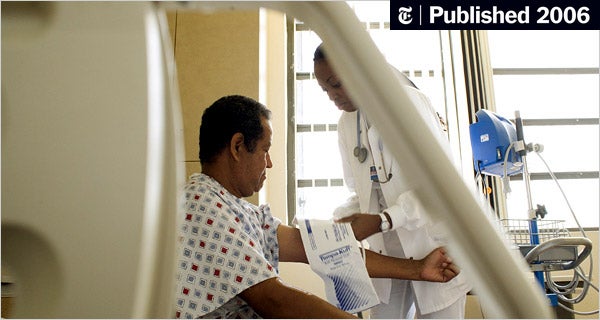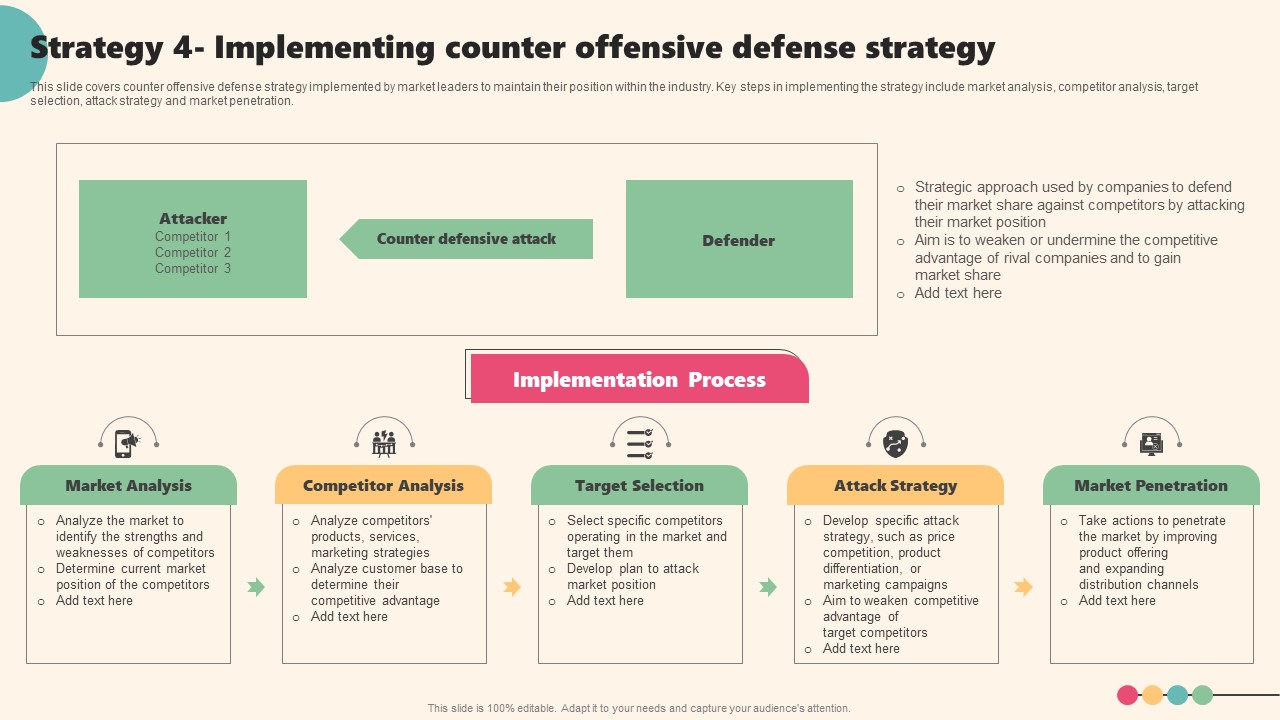Medicaid Cuts: A Republican Rift

Table of Contents
The Fiscal Hawks: Arguments for Medicaid Cuts
Republicans advocating for significant Medicaid cuts primarily focus on concerns about unsustainable spending and the growing national debt. Their arguments center on the idea of fiscal responsibility and controlling runaway healthcare costs.
- Unsustainable Spending: They argue that the current trajectory of Medicaid spending is unsustainable, placing an undue burden on taxpayers and contributing to the national deficit. Statistics consistently show Medicaid's significant portion of the federal budget, fueling concerns about its long-term viability.
- Controlling Healthcare Costs: Proponents of cuts believe that significant reforms are necessary to control costs within the Medicaid system. They point to the rising cost of prescription drugs, medical procedures, and administrative overhead as key drivers of escalating expenses.
- Proposed Reforms: Proposed reforms often include transitioning from the current open-ended funding model to block grants or per capita caps. These methods would limit federal spending, forcing states to manage their Medicaid budgets more efficiently.
- State-Level Examples: Several states have already implemented significant Medicaid cuts, offering both positive and negative examples. While some report cost savings, others have experienced negative consequences, such as increased uncompensated care and reduced access to vital services. Analyzing these case studies is crucial to understanding the potential impacts of widespread cuts.
The Pragmatists: Concerns Over Medicaid Cuts
Conversely, a faction within the Republican party expresses significant reservations about drastic Medicaid cuts, emphasizing the potential negative consequences for vulnerable populations and the healthcare system as a whole.
- Impact on Vulnerable Populations: These Republicans highlight the detrimental impact on millions of Americans who rely on Medicaid for essential healthcare services, including children, the elderly, and individuals with disabilities. Cutting access to healthcare for these populations could lead to severe health consequences and exacerbate existing inequalities.
- Healthcare Access: Data consistently demonstrates that millions of Americans depend on Medicaid for their healthcare needs. Significant cuts would undoubtedly reduce access to vital medical care, leading to delayed diagnoses, untreated illnesses, and preventable hospitalizations.
- Long-Term Healthcare Costs: Ironically, drastic cuts could lead to increased healthcare costs in the long run. Delayed or forgone care can result in more expensive emergency room visits and hospitalizations, potentially outweighing any short-term savings.
- Unintended Consequences: Concerns exist about the potential for unintended consequences, such as increased rates of preventable diseases, higher infant mortality rates, and a general decline in public health.
The Moderate Republican Position: Seeking a Balanced Approach
A moderate faction within the Republican party seeks a balanced approach, aiming to address Medicaid spending concerns without dramatically impacting access to care. Their proposals generally focus on reform rather than outright cuts.
- Efficiency Improvements: These proposals emphasize streamlining administrative processes, combating fraud and waste, and leveraging technology to improve efficiency and reduce unnecessary costs.
- Targeted Programs: Instead of broad cuts, they advocate for targeted programs to support those most in need, ensuring that vulnerable populations continue to receive the care they require.
- Bipartisan Solutions: Moderate Republicans recognize the potential for bipartisan solutions and collaboration with Democrats to achieve common ground on Medicaid reform.
The Political Ramifications of the Medicaid Debate
The internal Republican rift over Medicaid cuts has significant political ramifications, influencing the party's platform, messaging, and electoral prospects.
- Party Image: The debate is shaping the party's public image, potentially alienating moderate voters concerned about healthcare access while appealing to fiscally conservative segments.
- 2024 Election: The issue is likely to play a significant role in the 2024 elections, with candidates adopting various positions to appeal to different voter bases. Public opinion on Medicaid and healthcare reform will greatly influence the election outcome.
- Political Polarization: This debate further exemplifies the growing political polarization in the United States, highlighting the deep divisions on key issues like healthcare.
Conclusion
The debate surrounding Medicaid cuts reveals a deep fissure within the Republican party. While fiscal hawks prioritize cost-cutting measures and fiscal responsibility, pragmatists express strong concerns about the impact on vulnerable populations and the potential for negative long-term consequences. Moderate Republicans are pushing for a balanced approach, advocating for reforms that enhance efficiency without sacrificing access to care. Understanding the nuances of this complex debate is crucial for informed participation in the ongoing discussion about healthcare reform. Stay informed on the latest developments and engage in respectful dialogue to help shape a future where both fiscal responsibility and access to quality healthcare are prioritized for all Americans. Continue following the news and engaging in respectful dialogue to understand the various perspectives surrounding Medicaid cuts and their impact on the future of healthcare in America.

Featured Posts
-
 Ftcs Defense Strategy Takes Center Stage In Meta Monopoly Case
May 18, 2025
Ftcs Defense Strategy Takes Center Stage In Meta Monopoly Case
May 18, 2025 -
 Dispute Over Amazon Warehouse Closures Headed To Quebec Labour Tribunal
May 18, 2025
Dispute Over Amazon Warehouse Closures Headed To Quebec Labour Tribunal
May 18, 2025 -
 Two Month Delay Doesnt Stop True Crime Series From Topping Netflix Charts
May 18, 2025
Two Month Delay Doesnt Stop True Crime Series From Topping Netflix Charts
May 18, 2025 -
 Easy A On Bbc Three Hd Tv Guide And Listings
May 18, 2025
Easy A On Bbc Three Hd Tv Guide And Listings
May 18, 2025 -
 Uitbreiding Nederlandse Defensie Steun Krijgt Impuls Door Geopolitieke Ontwikkelingen
May 18, 2025
Uitbreiding Nederlandse Defensie Steun Krijgt Impuls Door Geopolitieke Ontwikkelingen
May 18, 2025
Latest Posts
-
 Bowen Yang Conversion Therapys Harmful Impact
May 18, 2025
Bowen Yang Conversion Therapys Harmful Impact
May 18, 2025 -
 Bowen Yangs Alejandro Tattoo Gets Lady Gagas Honest Opinion
May 18, 2025
Bowen Yangs Alejandro Tattoo Gets Lady Gagas Honest Opinion
May 18, 2025 -
 Shrek On Bbc Three Tv Guide And Episode Listings
May 18, 2025
Shrek On Bbc Three Tv Guide And Episode Listings
May 18, 2025 -
 Did Bowen Yang Get Shane Gillis Fired From Snl The Truth
May 18, 2025
Did Bowen Yang Get Shane Gillis Fired From Snl The Truth
May 18, 2025 -
 The Wedding Banquet Exploring Themes Of Identity And Family In A Queer Asian American Context
May 18, 2025
The Wedding Banquet Exploring Themes Of Identity And Family In A Queer Asian American Context
May 18, 2025
